LATEST INSIGHTS
Your Present Location: LATEST INSIGHTS-
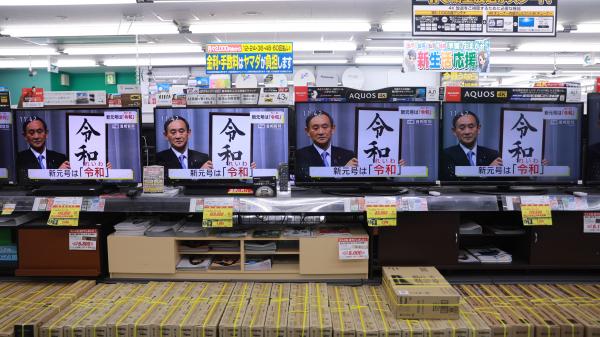
Understanding 'Reiwa' through the perspective of the 'Asian civilization dialogue'
The term "Reiwa" draws from a shared East Asian cultural history, demonstrating the long shared history between China and Japan and should spur both nations to build a "community with a shared future."
2019-04-04 -
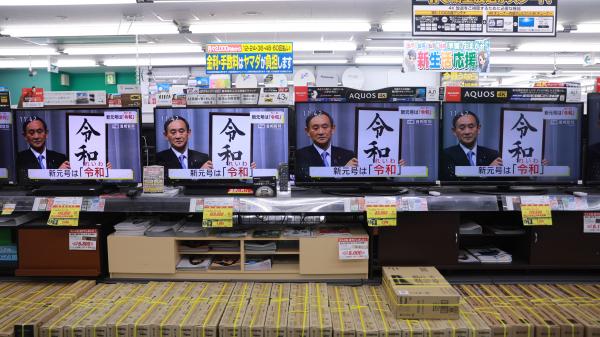
Understanding 'Reiwa' through the perspective of the 'Asian civilization dialogue'
The term "Reiwa" draws from a shared East Asian cultural history, demonstrating the long shared history between China and Japan and should spur both nations to build a "community with a shared future."
2019-04-04 -
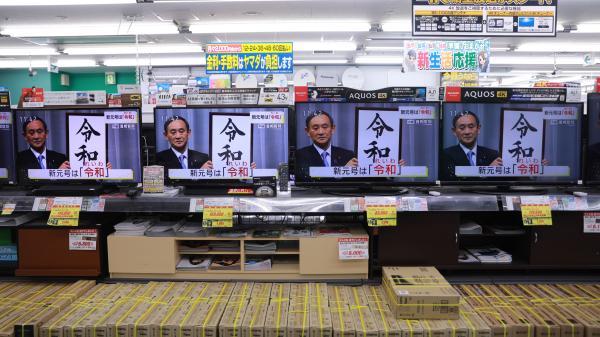
Understanding 'Reiwa' through the perspective of the 'Asian civilization dialogue'
The term "Reiwa" draws from a shared East Asian cultural history, demonstrating the long shared history between China and Japan and should spur both nations to build a "community with a shared future."
2019-04-04 -
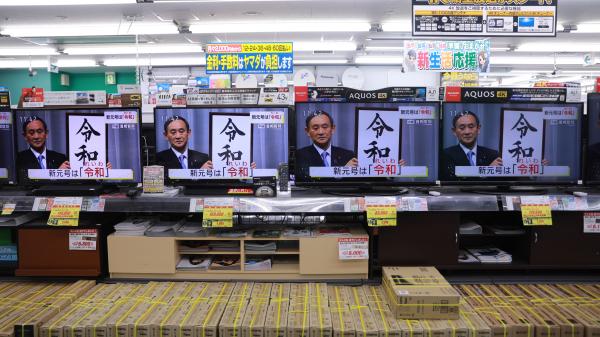
Understanding 'Reiwa' through the perspective of the 'Asian civilization dialogue'
The term "Reiwa" draws from a shared East Asian cultural history, demonstrating the long shared history between China and Japan and should spur both nations to build a "community with a shared future."
2019-04-04 -
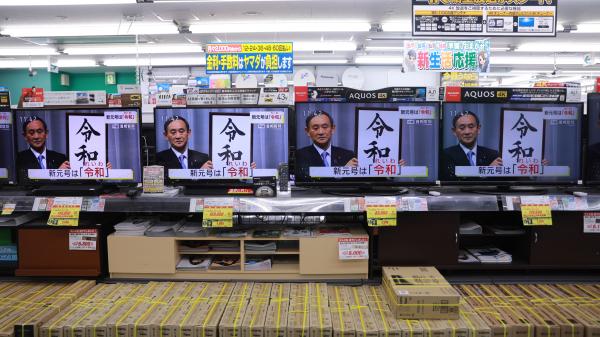
Wang Peng: Understanding 'Reiwa' through the perspective of the 'Asian civilization dialogue'
The term "Reiwa" draws from a shared East Asian cultural history, demonstrating the long shared history between China and Japan and should spur both nations to build a "community with a shared future."
2019-04-04 -
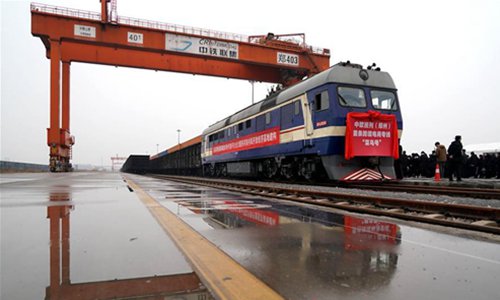
China, EU indispensable to each other
Coming just two weeks after Chinese President Xi Jinping's trip to Europe in late March, Chinese Premier Li Keqiang's visit to Europe next week shows how highly China values its ties with Europe, said a senior Chinese diplomat on Wednesday.
2019-04-04 -

U.S. is throwing away massive pool of Chinese research talent
One critical success factor for the collaboration between the U.S. and other countries, including China, is the collaborations between the scientists. (This is) not only between the U.S. and China, but from all over the world.
2019-04-04 -
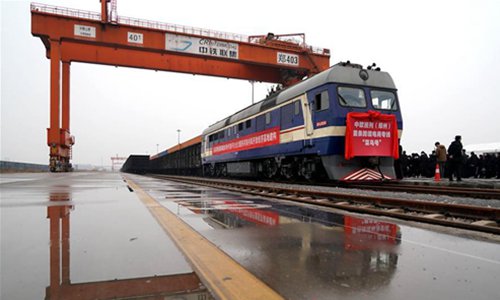
China, EU indispensable to each other
Coming just two weeks after Chinese President Xi Jinping's trip to Europe in late March, Chinese Premier Li Keqiang's visit to Europe next week shows how highly China values its ties with Europe, said a senior Chinese diplomat on Wednesday.
2019-04-04 -
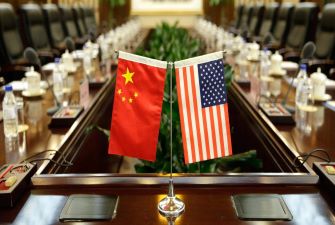
China-US trade talks offer profound lessons
Around this time last year, China and the US were on the brink of what has become a year-long trade war after the US announced its first set of tariffs on $50 billion worth of Chinese goods.
2019-04-03 -
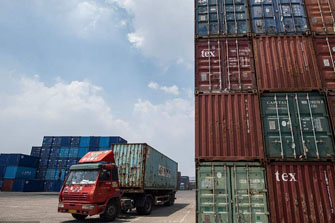
Liu Dian: We need to look at trade talks with optimism and caution
China and the U.S. are continuing their trade talks. Officials from both the Chinese and the U.S. sides are cautiously optimistic about the outcome. On March 28, when the talks were held between China and U.S. negotiation teams in Beijing, the spokesman for the Chinese Ministry of Commerce Gao Feng said at a regular press conference, "The two sides have made some progress, but there is still a lot of work to be done."
2019-04-03 -
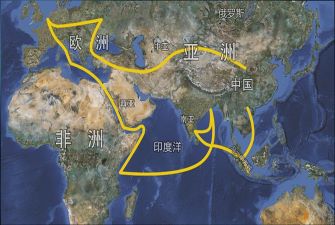
Words of RDCY executive dean quoted by American magazine
China Business Review, an American magazine, has kept eyes on relationship between China's economic growth and the expenditures along the BRI in the top story "Belt and Road in 2019: Recalibrationor Retrenchment?" It also quoted words of Wang Wen, Executive Dean of Chongyang Institute for Financial Studies at Renmin University of China. The relevant content is as follows:
2019-04-03 -
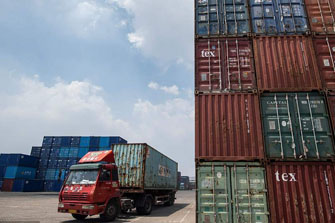
We need to look at trade talks with optimism and caution
China and the U.S. are continuing their trade talks. Officials from both the Chinese and the U.S. sides are cautiously optimistic about the outcome. On March 28, when the talks were held between China and U.S. negotiation teams in Beijing, the spokesman for the Chinese Ministry of Commerce Gao Feng said at a regular press conference, "The two sides have made some progress, but there is still a lot of work to be done."
2019-04-02 -

Damage to US-China relations can be undone
China-US relations have been at a crossroads. With China on the rise facing an established power, the US, are the two destined to be rivals in a confrontational relationship? How does one understand the tensions in bilateral relations and prevent ties from sliding further? Global Times (GT) reporter Yu Jincui interviewed two renowned scholars: Susan Shirk (Shirk), chair of the 21st Century China Center and research professor at the UC San Diego School of Global Policy and Strategy, and Jin Canrong (Jin), associate dean of the School of International Studies at Renmin University of China. The two shared their insights on these issues.
2019-04-02 -
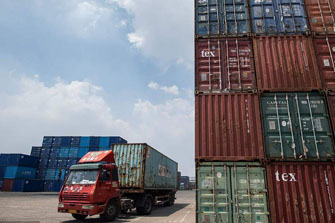
We need to look at trade talks with optimism and caution
China and the U.S. are continuing their trade talks. Officials from both the Chinese and the U.S. sides are cautiously optimistic about the outcome. On March 28, when the talks were held between China and U.S. negotiation teams in Beijing, the spokesman for the Chinese Ministry of Commerce Gao Feng said at a regular press conference, "The two sides have made some progress, but there is still a lot of work to be done."
2019-04-02 -
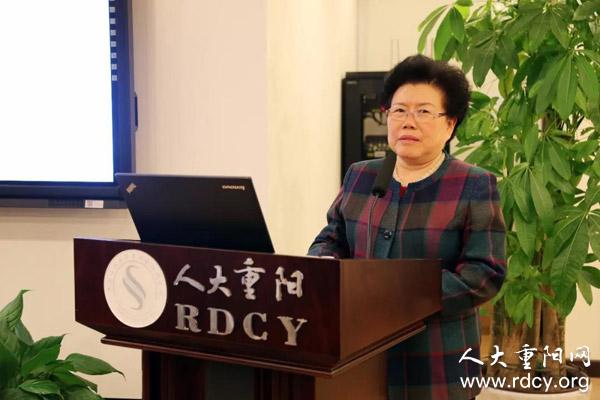
High-aimed trade negotiations should not be influenced by trifles
"Cooperation is the only right choice for Sino-U.S. relationship. Harmony between the two will propel global prosperity while struggle will lead to global chaos, and breach to decline," said Chen Wenling, chief economist at the China Center for International Economic Exchanges, while sharing her views on the ongoing trade negotiations.
2019-04-02 -
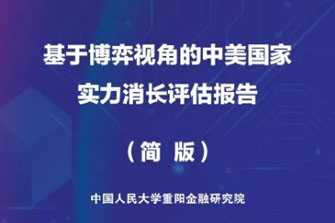
Are China and U.S. strategic peers?
The China-U.S. relationship has been dominating international politics against the backdrop of the long-drawn-out trade conflict, the interactions between the top two players in the global economy and politics have been thrust into the limelight.
2019-04-01 -
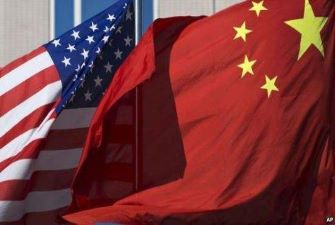
Zhao Minghao: In Pursuit of 'Re-engagement'
In 2018 the Trump administration released a number of papers on national security policy, such as its National Defense Strategy, Nuclear Posture Review, and National Intelligence Strategy. All these papers shared a common feature: defining China as a strategic competitor of the United States, a characterization that the administration has since tried hard to prove, even calling for a “whole-of-government” response. We have heard the word “decoupling” mentioned repeatedly in the discussion of economic relations with China — in particular, we have witnessed the coming of a tech cold war between the two countries.
2019-04-01 -
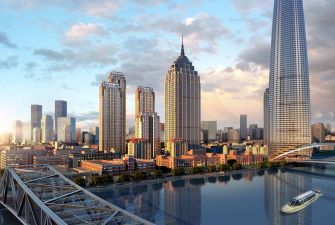
He Weiwen: Competitive Neutrality to Further Energize the Private Economy
The just-concluded 2nd Session of the 13th National People's Congress (NPC) sent an explicit signal of stronger support for private industry. Premier Li Keqiang announced a series of policies and measures for boosting China's private economy in his Government Work Report to the NPC Session which opened on March 5, 2019.
2019-04-01 -
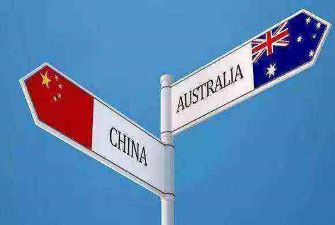
Australia sets up foundation to improve China ties
The Australian government on Friday announced the establishment of a national foundation to boost relations with China and appointed a top China specialist as the new ambassador to Beijing.
2019-04-01 -

France yet to sign BRI deal with China. Should it be of concern?
France was the third and final leg of Chinese President Xi Jinping's six-day Europe tour, which he concluded earlier this week. As China's first comprehensive strategic partner in the West, France has agreed to strengthen cooperation with China on regional and global affairs under multilateral frameworks. But Paris has yet to sign a memorandum of understanding on the Belt and Road Initiative (BRI) like Italy did.
2019-03-29
























































































 京公网安备 11010802037854号
京公网安备 11010802037854号





